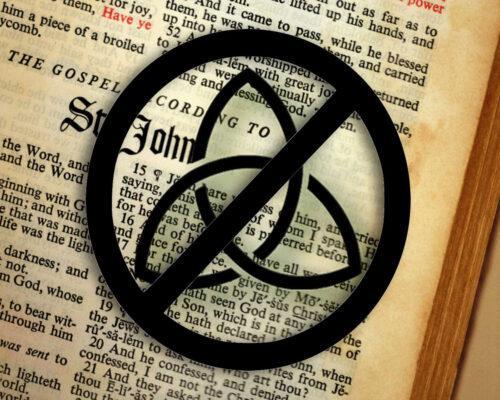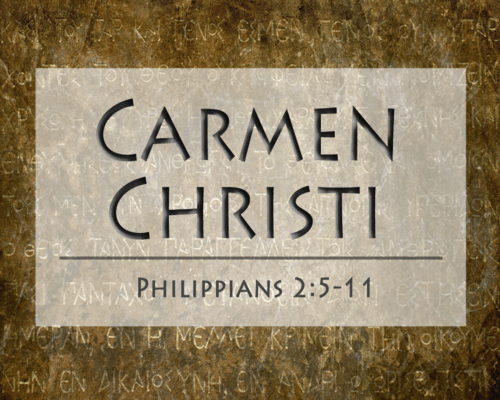Tag: Deity of Christ
My Lord and My God in John 20:28: Two Distinct Individuals
In John 20:28, Thomas beheld the resurrected Christ and famously exclaimed: “My Lord and my God!” One way to interpret this statement is to assume that Thomas was applying both titles to Jesus. Trinitarian apologists naturally choose this option, and further claim that Thomas was therefore identifying Jesus as YHWH God himself.
5 Reasons the Gospel of John is Not Trinitarian
The Gospel of John is thought to contain the strongest evidence for the traditional view that Jesus Christ is the second member of a Triune God. From John’s famous prologue to the declaration of doubting Thomas, there appears to be a trove of prooftexts available to the Trinitarian.
The Word Made Flesh: Reading John 1:1-14 in Light of the OT
The traditional reading of John 1:1-14 has been traced back to the works of the fiery second century apologist Justin Martyr (150 AD). According to Justin, this passage indicates that Jesus pre-existed his birth as the creator of the heavens and earth and later became a human being in the womb of Mary. But the average Christian is likely unaware that Justin’s interpretation was heavily influenced by his training in Greek philosophy.
Is Jesus Called YHWH in Romans 10:13?
In Romans 10:13, the apostle Paul reached the summit of a brilliant discourse on salvation by citing Joel 2:32 in the Greek Septuagint: “For, ‘everyone who calls upon the name of the Lord will be saved.’” The Septuagint substitutes the title “Lord” for God’s personal name, but Paul was surely aware that the original Hebrew instructs people to “call upon the name of YHWH” for salvation.
Is Jesus Called YHWH in Philippians 2:11?
The famous Philippians 2 hymn known as the Carmen Christi is one of the earliest creedal statements in Christianity. Believers throughout the history of the church have echoed Paul’s climactic Philippians 2:11 confession that “Jesus Christ is Lord.” But what exactly does this confession entail?
Who is the One God in Matthew 28:19?
The baptismal formula in Matthew 28:19 is often thought to be obvious evidence of God’s triune nature. In this passage, Jesus commissions his apostles to baptize people “in the name of the Father and of the Son and of the Holy Spirit.” The singular noun name, we are told, implies that all three figures share the same name, which in turn implies a shared essence or being.







27 min- 0 0
-
5759
-
4 years ago
- 1
Hebrews 1:10-12 is typically seen as a declaration about the preexistence of Jesus. Set within a series of contrasts between the Son and the angels, it quotes a passage from Psalm 102 in which the Psalmist declares to the Father that “You, Lord, laid the foundation of the earth in the beginning, and the heavens are the work of your hands.” Most theologians think this quote is repurposed in Hebrews 1 to identify the Son as the creator and therefore consider it key evidence for the doctrine of the Trinity.
-
Tagged Christ as Creator, Creation, Creator of Heavens and Earth, Deity of Christ, Hebrews 1:10